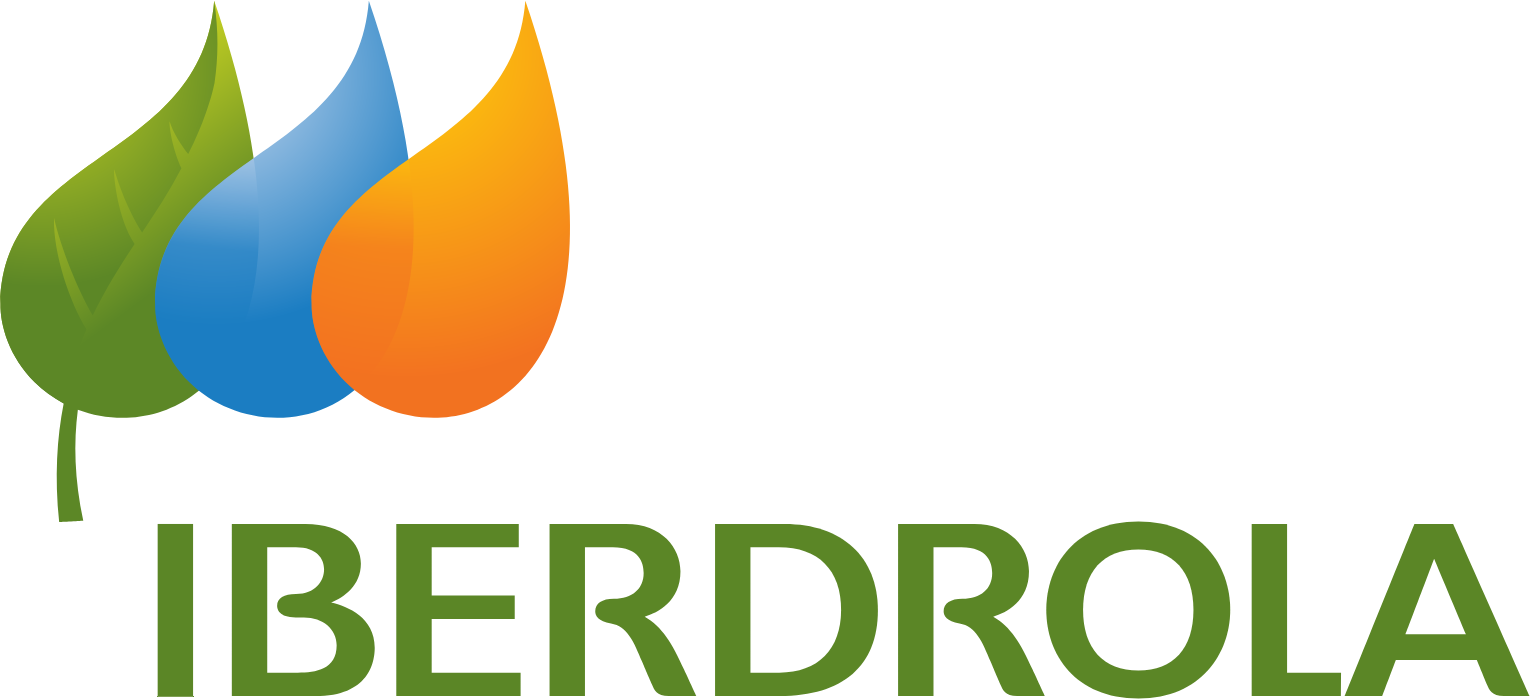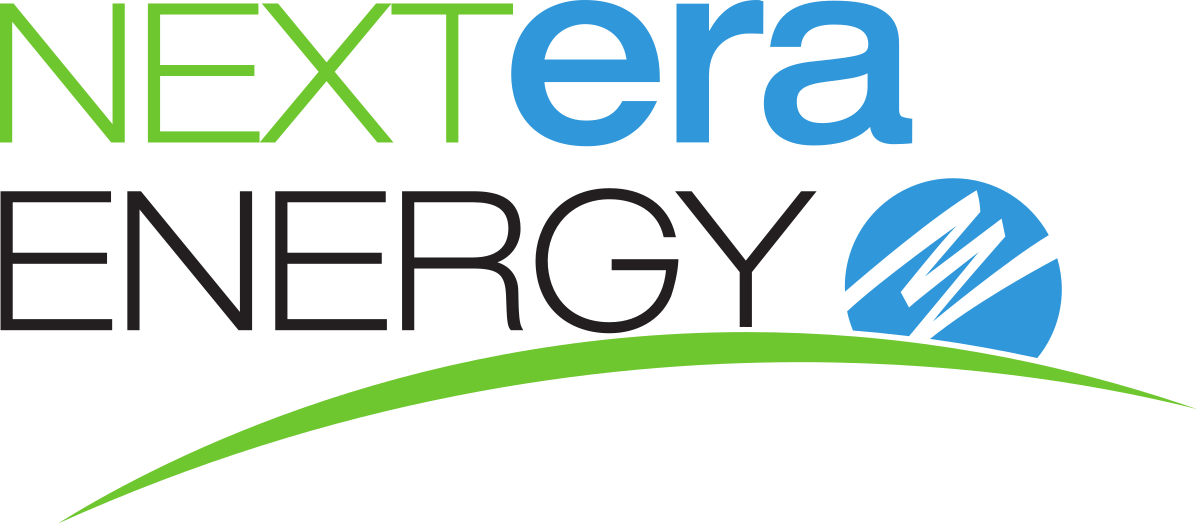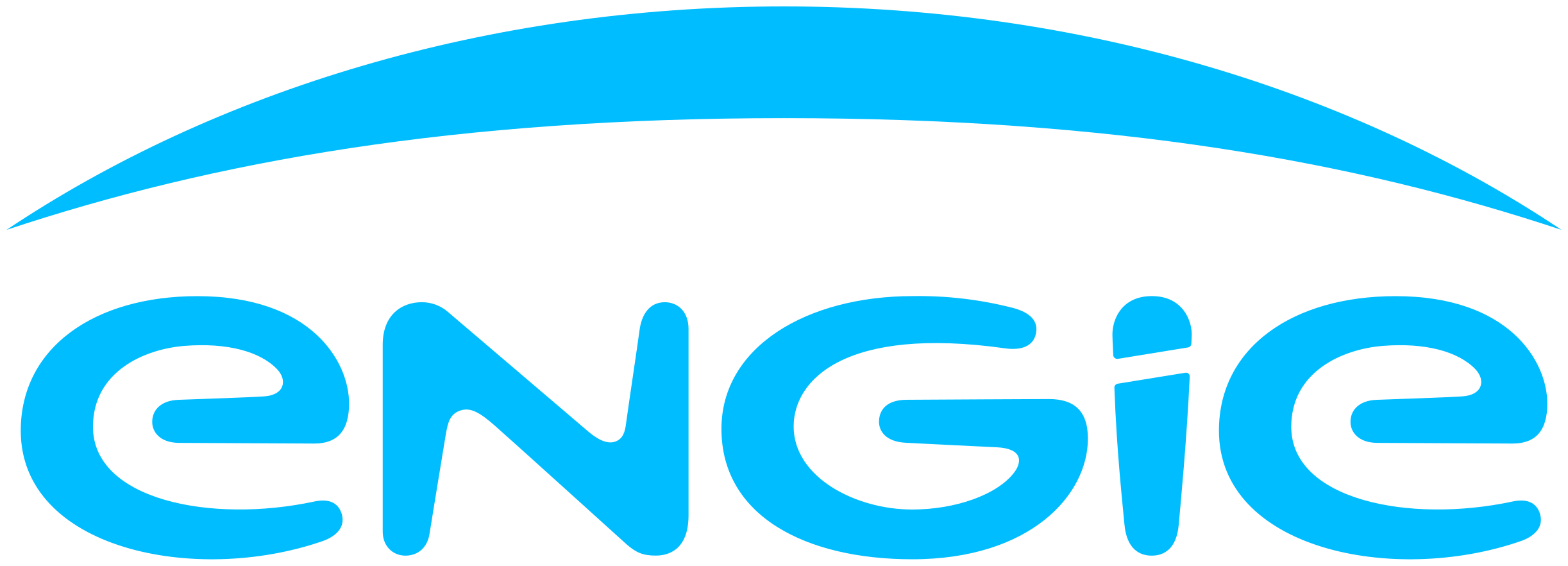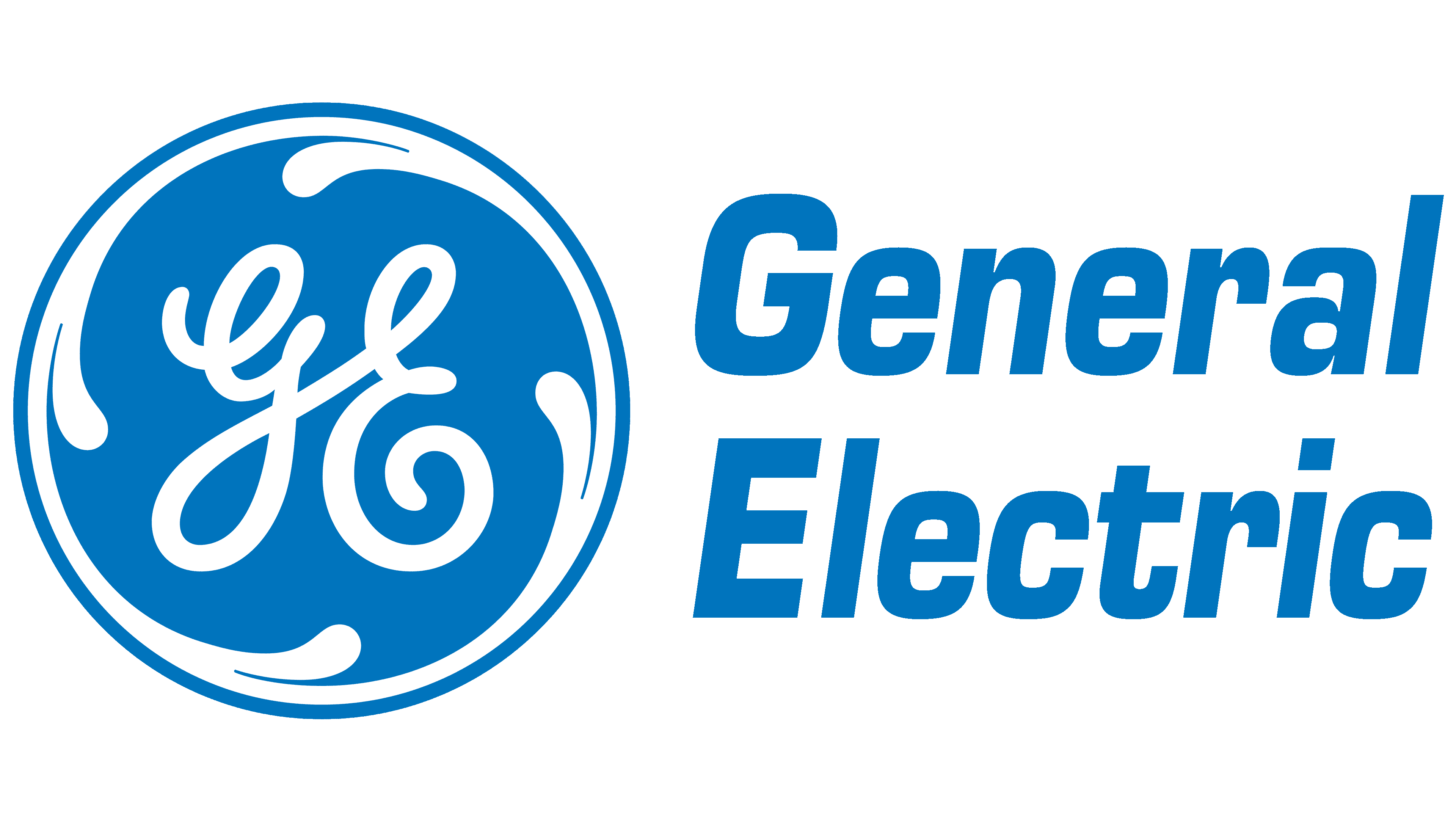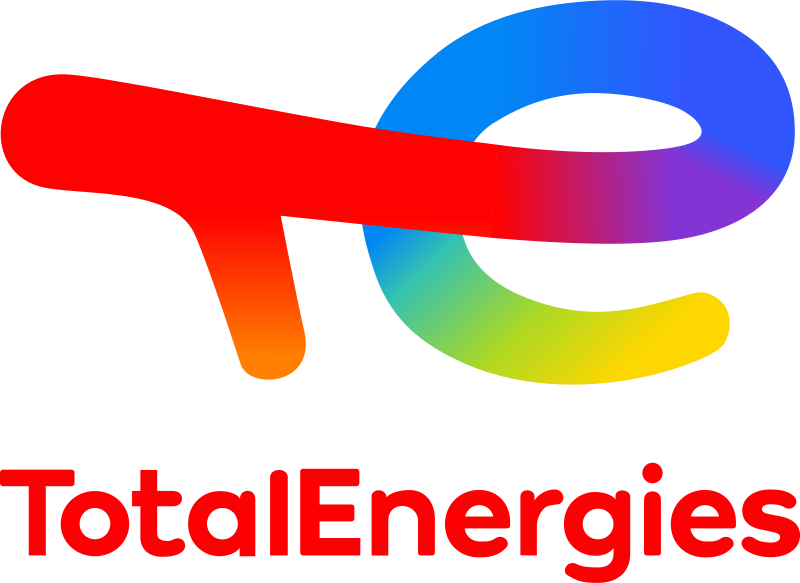Global Immersion Cooling Market Insights, Growth, Share, Size: By Type, By Cooling Liquid, By Application, By Region & Segmental Forecast, 2023-2031, Comparative Analysis and Trends
- Industry: Energy & Power
- Report ID: TNR-110-963
- Number of Pages: 420
- Table/Charts : Yes
- November, 2023
- Base Year : 2024
- No. of Companies : 12+
- No. of Countries : 29
- Views : 10168
- Covid Impact Covered: Yes
- War Impact Covered: Yes
- Formats : PDF, Excel, PPT
Global Immersion Cooling Market Valued USD 239.8 Mn in 2022, with an Estimated CAGR of 22.5% (2023- 2031)
Immersion cooling, also known as direct liquid cooling, is a data centre cooling method that is used to cool various data centre components, such as whole servers and storage devices. For immersion cooling, various components are immersed in a thermally conductive dielectric liquid or cooling fluid. Since heat is transported directly from components to heat transfer fluids, no fans, bulky heatsinks, or air ducts are required. Cool heat exchangers circulate cooling liquid close to heated components, removing heat from data centres.
The immersion cooling method is revolutionary. It is a step in transferring liquid cooling, which has long been utilised in many sectors and applications, to new fluids and systems suitable for use with current servers and IT. This ground-breaking technology proclaimers a quick move towards sustainable, cost-effective data centre cooling systems.
Global Immersion Cooling Market Revenue & Forecast, (US$ Million), 2015 – 2031

Factors Supporting the Growth of the Global Immersion Cooling Market
Citing the increasing demand for green IT to address rising costs and climate change-related legislation, liquid immersion cooling is set to become a data centre standard, leaving air cooling technologies obsolete. Immersion cooling has several distinct advantages, including exceptionally efficient operation that reduces power costs while enabling “green” computing and a quieter work environment.
Report Coverage and Deliverables:
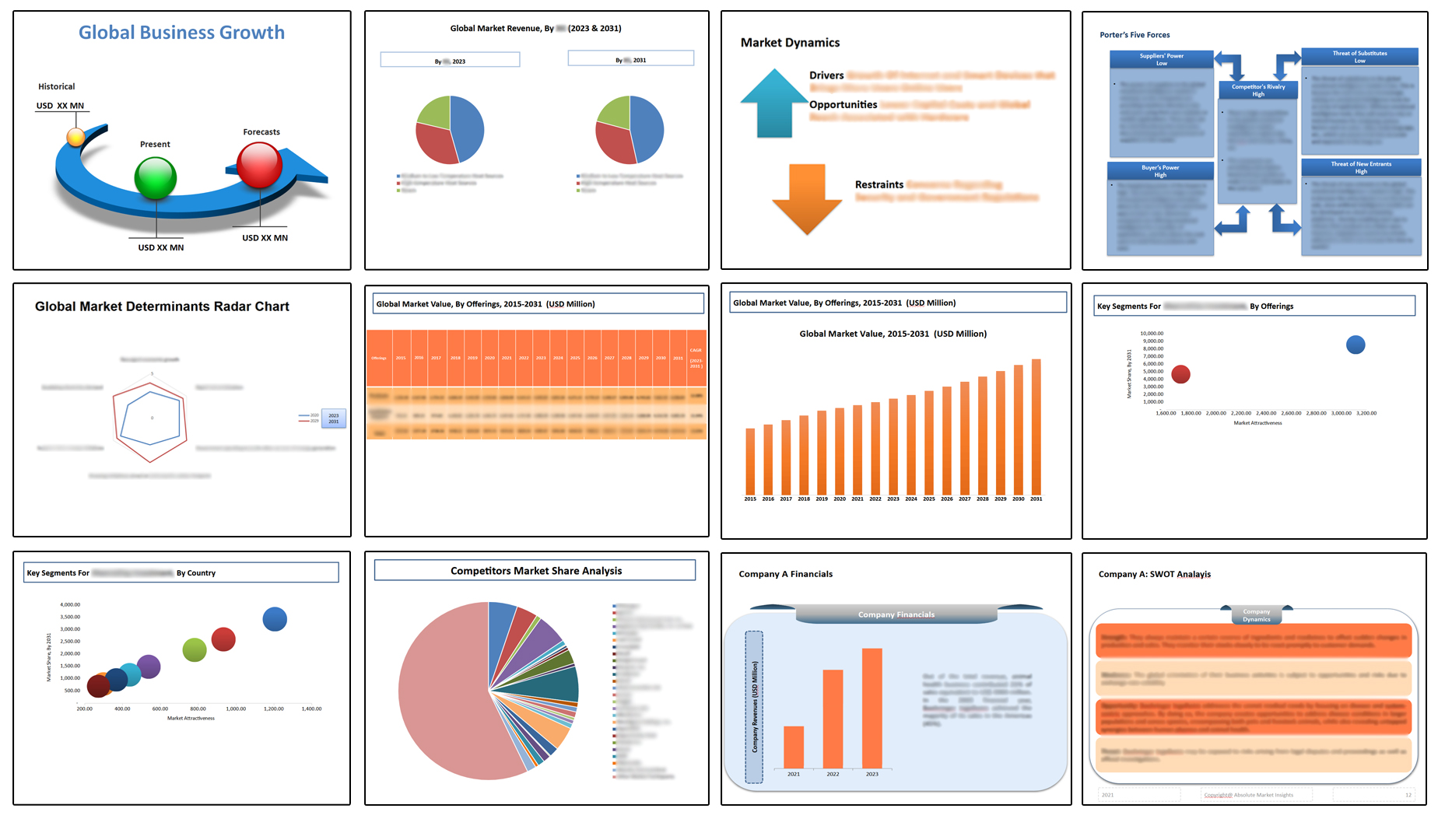
Furthermore, the technology industry is quickly expanding as a result of increasingly complicated computation and greater data sets. One of the primary causes of inefficiency in this technology is a decline in performance as temperature rises. To combat the rising operating temperatures of computer servers and data centres, effective and efficient technology is required. Immersion cooling is one of the most renowned cooling solutions for addressing this issue. This approach has evolved into multiple iterations, each with its own set of advantages and disadvantages depending on the application requirements.
The initial expenditures of constructing a typical air-cooled data centre are expensive. The expenditures soon pile up, from building design through the installation of air handlers and chillers. However, with immersion cooling, customers might have a smaller footprint, resulting in lower capital expenditures on establishing the data centre itself and has led to the rise in demand for immersion cooling across various applications leading to the upsurge of the global immersion cooling market.
Mineral oil-based immersion cooling gained popularity in specific applications where its thermal properties, non-conductive nature, and simplicity of implementation were advantageous. It has a relatively high thermal conductivity compared to air which allows it to efficiently transfer heat away from electronic components, such as CPUs, GPUs, and other hardware components, when they are submerged in the oil. This is crucial for cooling high-density computing environments, where traditional air cooling methods may be insufficient. In the last few years, various coolants have emerged such as synthetic fluids, which offer their own advantages and may be more suitable for different use cases, boosting the global immersion cooling market demand.

Single-phase immersion cooling and two-phase immersion cooling are two different approaches to liquid cooling in which electronic components, such as CPUs, GPUs, and servers, are submerged in a dielectric (non-conductive) liquid coolant. These methods offer distinct advantages and are suitable for different use cases based on their cooling mechanisms. Single-phase immersion cooling is more commonly used in commercial data center and high-performance computing (HPC) applications compared to two-phase immersion cooling. Single-phase immersion cooling is often preferred for its simplicity, versatility, and compatibility with a wide range of hardware.

Based on region, North America dominated the immersion cooling market in 2022. North America is home to some of the world’s largest data center operators and tech giants. The rapid growth of cloud services, content delivery networks, and edge computing drove the need for efficient cooling solutions, making immersion cooling an attractive option for high-density server environments. Besides in the last few years, United States and Canada saw a surge in cryptocurrency mining operations, particularly Bitcoin and Ethereum mining. In addition growth of edge computing in North America further increased the demand for compact and efficient cooling solutions. Thus immersion cooling market experienced a huge growth in the North America and is expected to continue growing during the forecast period.
Competitive Landscape
The report examines the global immersion cooling market’s competitive landscape, which is characterised by a mix of established businesses, rising startups, and research institutes pushing innovation in the sector. The research also identifies and assesses significant business strategies employed by these industry leaders, such as mergers and acquisitions (M&A), affiliations, collaborations, and contracts.
List of major players in global immersion cooling market are:
- 3M
- Asperitas
- Cargill, Incorporated
- Dow
- FlameIT – Immersion Cooling
- FUCHS
- Fujitsu
- GIGA-BYTE Technology Co., Ltd.
- Green Revolution Cooling, Inc.
- LiquidStack
- Prasa
- SHELL
- Submer
- Other Market Participants
Global Immersion Cooling Market Report Coverage
| Report Specifications | Details |
| Market Revenue in 2022 | US$ 239.8 Million |
| Market Size Forecast by 2031 | US$ 990.2 Million |
| Growth Rate (CAGR) | 22.5% |
| Historic Data | 2015 – 2021 |
| Base Year for Estimation | 2022 |
| Forecast Period | 2023 – 2031 |
| Report Inclusions | Market Size & Estimates, Market Dynamics, Competitive Scenario, Trends, Growth Factors, Market Determinants, Key Investment Segmentation, Product/Service/Solutions Benchmarking |
| Segments Covered | By Type, By Cooling Liquid, By Application |
| Regions Covered | North America, Europe, Asia Pacific, Middle East & Africa, Latin America |
| Countries Covered | U.S., Canada, Mexico, Rest of North America, France, The UK, Spain, Germany, Italy, Nordic Countries (Denmark, Finland, Iceland, Sweden, Norway), Benelux Union (Belgium, The Netherlands, Luxembourg), Rest of Europe, China, Japan, India, New Zealand, Australia, South Korea, Southeast Asia (Indonesia, Thailand, Malaysia, Singapore, Rest of Southeast Asia), Rest of Asia Pacific, Saudi Arabia, UAE, Egypt, Kuwait, South Africa, Rest of Middle East & Africa, Brazil, Argentina, Rest of Latin America |
| Key Players | 3M, Asperitas, Cargill, Incorporated, Dow, FlameIT – Immersion Cooling, FUCHS, Fujitsu, GIGA-BYTE Technology Co., Ltd., Green Revolution Cooling, Inc., LiquidStack, Prasa, SHELL, Submer, Other Industry Participants |
| Customization Scope | Customization allows for the inclusion/modification of content pertaining to geographical regions, countries, and specific market segments. |
| Pricing & Procurement Options | Explore purchase options tailored to your specific research requirements |
| Contact Details | Consult With Our Expert
Japan (Toll-Free): – +81 663-386-8111 South Korea (Toll-Free): – +82-808- 703-126 Saudi Arabia (Toll-Free): – +966 800 850 1643 United States: +1 302-232-5106 United Kingdom: +447537105080 E-mail: askanexpert@thenicheresearch.com
|
Global Immersion Cooling Market
By Type
- Single-Phase Immersion Cooling
- Two-Phase Immersion Cooling
By Cooling Liquid
- Mineral Oil
- Synthetic
- Fluorocarbon based
- De-ionzed water
By Application
- High performance computing
- Artificial Intelligence and Machine Learning
- Cryptocurrency mining
- Edge Computing
- High frequency trading
- Others
By Region
- North America (U.S., Canada, Mexico, Rest of North America)
- Europe (France, The UK, Spain, Germany, Italy, Nordic Countries (Denmark, Finland, Iceland, Sweden, Norway), Benelux Union (Belgium, The Netherlands, Luxembourg), Rest of Europe)
- Asia Pacific (China, Japan, India, New Zealand, Australia, South Korea, Southeast Asia (Indonesia, Thailand, Malaysia, Singapore, Rest of Southeast Asia), Rest of Asia Pacific)
- Middle East & Africa (Saudi Arabia, UAE, Egypt, Kuwait, South Africa, Rest of Middle East & Africa)
- Latin America (Brazil, Argentina, Rest of Latin America)
Table of Contents
Key Findings
Note: This ToC is tentative and can be changed according to the research study conducted during the course of report completion.
**Exclusive for Multi-User and Enterprise User.
Global Immersion Cooling Market Segmentation
By Type
By Cooling Liquid
By Application
By Region
**Note: The report covers cross-segmentation analysis by region further into countries
The Niche Research approach encompasses both primary and secondary research methods to provide comprehensive insights. While primary research is the cornerstone of our studies, we also incorporate secondary research sources such as company annual reports, premium industry databases, press releases, industry journals, and white papers.
Within our primary research, we actively engage with various industry stakeholders, conducting paid interviews and surveys. Our meticulous analysis extends to every market participant in major countries, allowing us to thoroughly examine their portfolios, calculate market shares, and segment revenues.
Our data collection primarily focuses on individual countries within our research scope, enabling us to estimate regional market sizes. Typically, we employ a bottom-up approach, meticulously tracking trends in different countries. We analyze growth drivers, constraints, technological innovations, and opportunities for each country, ultimately arriving at regional figures.Our process begins by examining the growth prospects of each country. Building upon these insights, we project growth and trends for the entire region. Finally, we utilize our proprietary model to refine estimations and forecasts.
Our data validation standards are integral to ensuring the reliability and accuracy of our research findings. Here’s a breakdown of our data validation processes and the stakeholders we engage with during our primary research:
- Supply Side Analysis: We initiate a supply side analysis by directly contacting market participants, through telephonic interviews and questionnaires containing both open-ended and close-ended questions. We gather information on their portfolios, segment revenues, developments, and growth strategies.
- Demand Side Analysis: To gain insights into adoption trends and consumer preferences, we reach out to target customers and users (non-vendors). This information forms a vital part of the qualitative analysis section of our reports, covering market dynamics, adoption trends, consumer behavior, spending patterns, and other related aspects.
- Consultant Insights: We tap into the expertise of our partner consultants from around the world to obtain their unique viewpoints and perspectives. Their insights contribute to a well-rounded understanding of the markets under investigation.
- In-House Validation: To ensure data accuracy and reliability, we conduct cross-validation of data points and information through our in-house team of consultants and utilize advanced data modeling tools for thorough verification.
The forecasts we provide are based on a comprehensive assessment of various factors, including:
- Market Trends and Past Performance (Last Five Years): We accurately analyze market trends and performance data from preceding five years to identify historical patterns and understand the market’s evolution.
- Historical Performance and Growth of Market Participants: We assess the historical performance and growth trajectories of key market participants. This analysis provides insights into the competitive landscape and individual company strategies.
- Market Determinants Impact Analysis (Next Eight Years): We conduct a rigorous analysis of the factors that are projected to influence the market over the next eight years. This includes assessing both internal and external determinants that can shape market dynamics.
- Drivers and Challenges for the Forecast Period:Identify the factors expected to drive market growth during the forecast period, as well as the challenges that the industry may face. This analysis aids in deriving an accurate growth rate projection.
- New Acquisitions, Collaborations, or Partnerships: We keep a close watch on any new acquisitions, collaborations, or partnerships within the industry. These developments can have a significant impact on market dynamics and competitiveness.
- Macro and Micro Factors Analysis:A thorough examination of both macro-level factors (e.g., economic trends, regulatory changes) and micro-level factors (e.g., technological advancements, consumer preferences) that may influence the market during the forecast period.
- End-User Sentiment Analysis: To understand the market from the end-user perspective, we conduct sentiment analysis. This involves assessing the sentiment, preferences, and feedback of the end-users, which can provide valuable insights into market trends.
- Perspective of Primary Participants: Insights gathered directly from primary research participants play a crucial role in shaping our forecasts. Their perspectives and experiences provide valuable qualitative data.
- Year-on-Year Growth Trend: We utilize a year-on-year growth trend based on historical market growth and expected future trends. This helps in formulating our growth projections, aligning them with the market’s historical performance.
Research process adopted by TNR involves multiple stages, including data collection, validation, quality checks, and presentation. It’s crucial that the data and information we provide add value to your existing market understanding and expertise. We have also established partnerships with business consulting, research, and survey organizations across regions and globally to collaborate on regional analysis and data validation, ensuring the highest level of accuracy and reliability in our reports.
